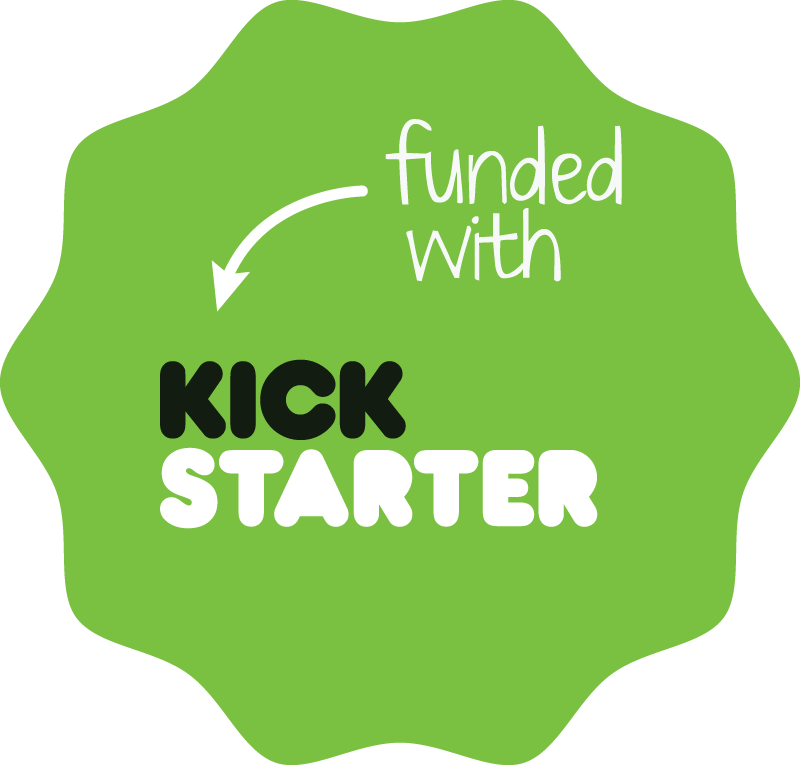 When Zach Braff launched his Kickstarter campaign for “Wish I Was Here”, he caught a lot of flak.
When Zach Braff launched his Kickstarter campaign for “Wish I Was Here”, he caught a lot of flak.
Kickstarter is a platform and I believe anyone should be able to use it. Even celebrities. And I agree that famous people bring new funders to the platform.
Zach raised $3,105,473 on Kickstarter, exceeding his $2 million goal significantly. Since May 24th, when the campaign ended, till today, there have been eleven updates via Kickstarter (there were 32 while the campaign was ongoing). He says he hired a team of three to manage the kickstarter funders as he wanted “everyone to love the experience”.
As Perry and Yancey said in their post:
Kickstarter is a new way for creators to bring their projects to life. Not through commerce, charity, or investment — through a new model powered by a willing audience. The Veronica Mars and Zach Braff projects offered backers tickets to the premiere, cameos in the movie, access to the creative process, and other experiences in exchange for pledges. Fans were thrilled, and 100,000 people jumped on board.
It is a willing audience, who obviously thought that the perks they were getting were worth what they paid. They got to feel good about making this movie happen and Zach put effort to ensure they felt cared for.
“Wish I was here” premiered at Sundance and was acquired by Focus Features for $2. 7 million.
The budget was, reportedly, $5 million.
$3.1 million was raised on Kickstarter, so let’s say it is roughly $2.7 after all fees and fulfillment. The remaining $2.3 million came from investors of some sort – maybe from Zach himself, friends and family, and investors who didn’t insist on creative control.
This means, with the Focus deal, the investors have recouped their money. And there are still the other territories to be sold ((Focus bought the rights only for North America, Poland and South Africa)), DVD, streaming rights etc.
If this movie had been funded without Kickstarter, Zach would have had less creative control and he would also still be working to recoup his budget. But with Kickstarter, Zach benefitted and his investors who were willing to have no creative control, also benefitted.
The hurdle rate just got a lot lower when Kickstarter is thrown into the mix. This is true for everyone, but it is specifically true for celebrities because they can fund such large amounts.
This raises all sorts of questions:
- Is crowdfunding a risk-free form of filmmaking that celebrities can enjoy? Is it another perk of being a celebrity?
- Will investors ask celebrities to throw crowdfunding into the mix more often? Investors can validate the idea and reduce their own risk.
- Will this lead to investors wanting to fund more celebrities (or proven properties like Veronica Mars) who are able to bring in “free” money?
- Will this this help or hurt independent filmmakers who don’t bring as much crowdfunding clout as a celebrity does ((I don’t necessarily mean “on” Kickstarter or other crowdfunding platforms (although that might also happen), but rather, the choice producers will make in terms of which movies to take on, the choices PE funds will make in terms of which movies to fund etc.)) ?
It will be interesting to watch this space.
